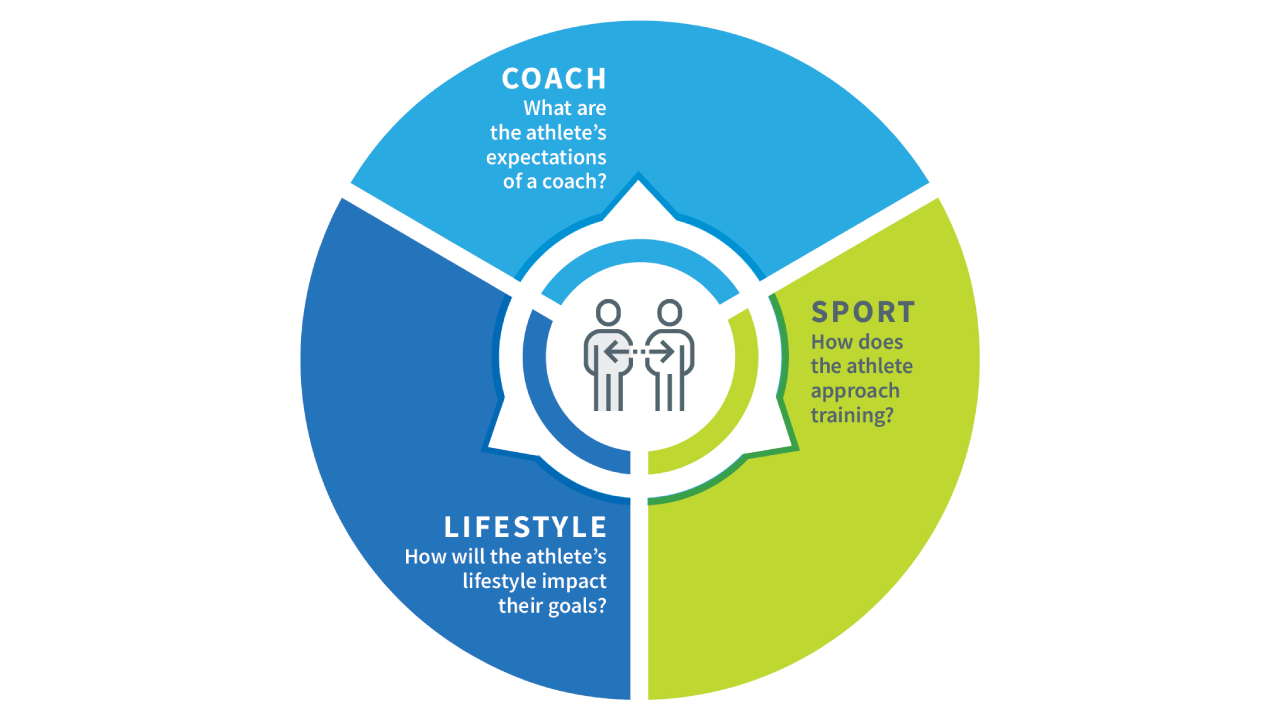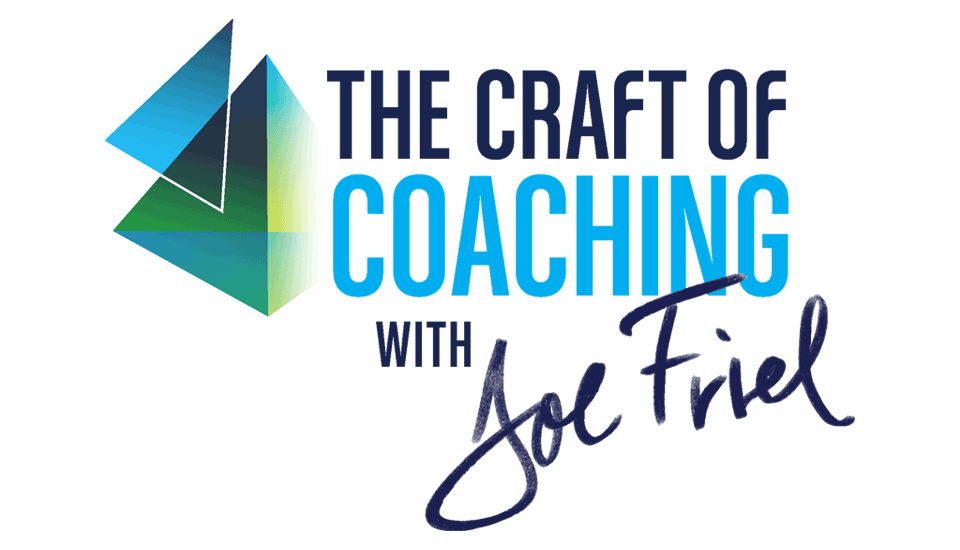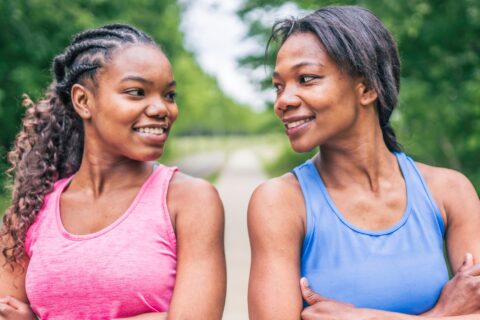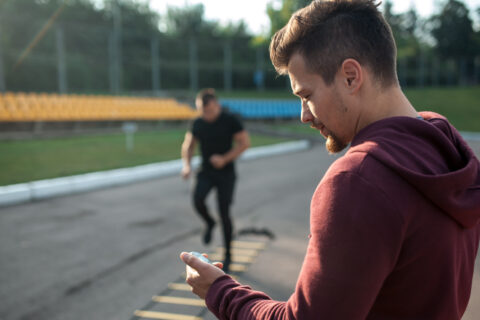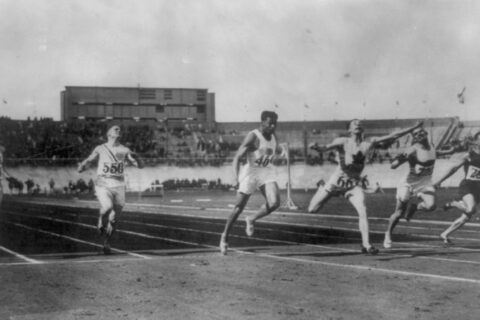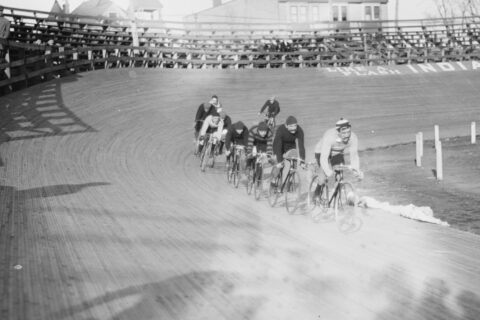For the coach-athlete relationship to be successful, it must be rooted in trust, and trust is earned or compromised from Day 1. Begin any new client relationship with the end in mind.
For the coach-athlete relationship to be successful, it must be rooted in trust, and trust is earned or compromised from Day 1. Begin any new client relationship with the end in mind.
